Picture this: You’ve just driven off the dealership lot in your brand-new motor vehicle, filled with excitement and anticipation, and not one care about understanding the Florida Lemon Law. But as luck would have it, your dream ride turns out to be a nightmare, plagued with mechanical problems and constant repairs. You spend more time and money on repair services than you do enjoying your new ride.
Don’t fret! In Florida, you have the Florida Motor Vehicle Warranty Enforcement Act, commonly known as the Florida Lemon law, on your side. If you encounter manufacturer fails during the lemon law rights period, you may be entitled to a replacement vehicle or reimbursement of the purchase price. This article will guide you through the ins and outs of the lemon law in Florida, empowering you as a consumer and ensuring that you receive the protection you deserve.
What the Lemon Law Covers
Lemon cars, in automotive terms, refer to vehicles (no off-road vehicles) that have significant defects or problems that persist even after multiple repair attempts on one or more nonconformities during the state Lemon law rights period. These defects impair the use, value, or safety of the motor vehicle, making it unreliable or unsafe to drive for Florida consumers.
Lemon cars often experience issues soon after purchase, and despite the owner’s efforts to have them repaired by an authorized agent, the problems persist. The term “lemon” is used to describe these defective vehicles due to their similarity to a sour lemon fruit, which disappoints and fails to live up to expectations.

Laws about lemons are a type of consumer protection law that provides legal remedies to buyers of defective vehicles. The law varies by jurisdiction, but its purpose is to protect consumers who purchase or lease vehicles that have substantial manufacturer fails or mechanical issues that impair their use, value, or safety.
The Lemon Law, known as the Florida Motor Vehicle Warranty Enforcement Act, is a state-certified program that provides protection over new or demonstrator cars, recreational vehicles (RVs), or trucks purchased or leased in Florida. To be eligible for relief under the Florida Lemon law state-certified program, the motor vehicle purchased must meet the following criteria for manufacturer failure:

Lemon Law Claim of Manufacturer Fails
To make a lemon law claim, vehicles purchased must have substantial defects that are covered by the manufacturer’s warranty, such as safety-related issues that pose a significant risk to the occupants in the vehicle or others on the road. Faulty brakes, steering, or airbags would pose such a risk. There must also have been repeated failures to repair the problems covered under the manufacturer’s warranty during the Lemon law rights period.
Impairment of value or use describes the scenario where the defect substantially impairs the value of the new vehicle or its ability to function as intended. For instance, repeated engine failures or transmission problems that render a recreational vehicle unreliable or inoperable.

Lemon Law Rights Period
There is a specified period of time in which lemon laws operate. The motor vehicle defects must have occurred within the first 24 months or 24,000 miles of ownership by manufacturer’s receipt, whichever comes first. Consulting with a law firm specializing in filing a lemon law claim can help you understand the requirements and ensure that you file your lemon law claim within the prescribed time limits with the Florida attorney general’s office.
Manufacturer Defect
The defective motor vehicle must have one or more nonconformities that originated from the manufacturing process. The defects must not be a result of abuse, neglect, natural disaster, or unauthorized modifications by the owner of a new vehicle or recreational vehicle. Any modifications made to a motor vehicle must be manufacturer-installed or agent-installed items done with the proper expertise of an authorized service agent, adhering to applicable laws and regulations, the owner’s manual, and consideration of the manufacturer’s guidelines. Unauthorized modifications not only pose potential problems but may also void warranties and compromise the safety and reliability of the vehicles. Always check the owner’s manual for recommendations.
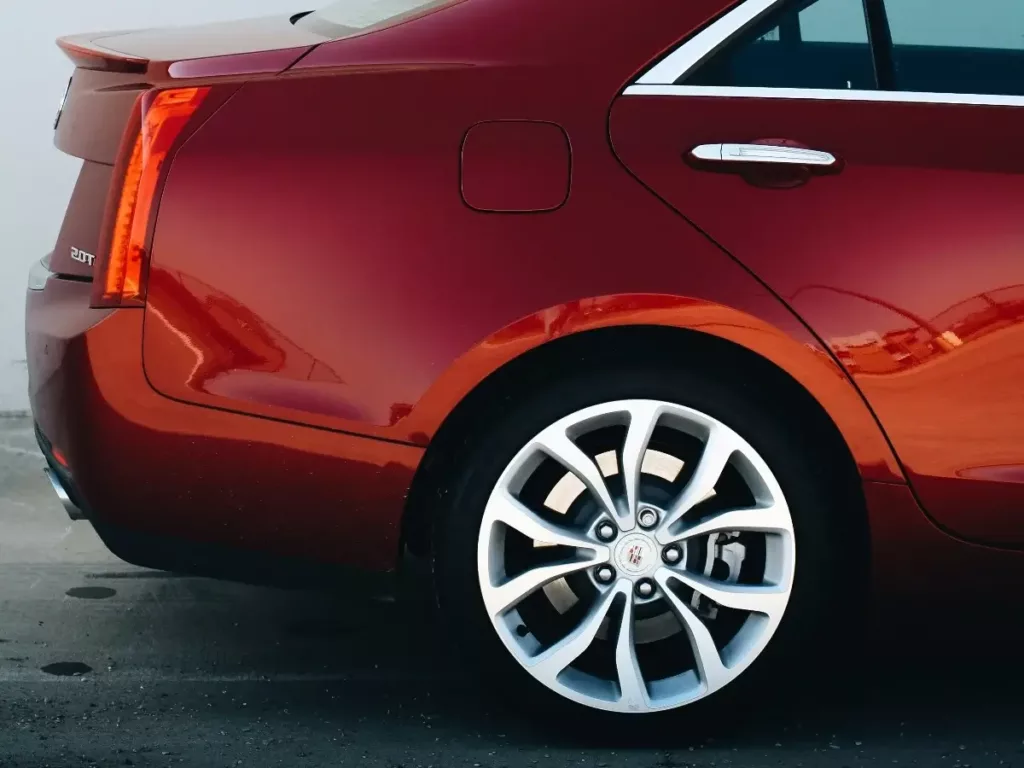
For example, installing oversized speakers in a new vehicle without upgrading the electrical wiring may cause blown fuses or damage the audio system and other electrical components. Improperly lowered or lifted suspensions, mismatched shock absorbers, or incorrect wheel and tire combinations can negatively impact the vehicle’s stability, ride quality, and steering. These defects are not covered by Lemon laws and will not result in a replacement vehicle or monetary compensation. For clarity, Florida consumers can call the Lemon Law hotline, which is run by the office of the attorney general.
What Vehicles Are Covered Under Lemon Law Florida?
Florida’s Lemon Law covers cars, pick-up trucks, SUVs, and vehicles purchased or leased from a Florida car dealer to transport persons or property. The motor vehicles should be used only for personal, family, or household use. It also covers defective demonstrator vehicles that have been used by a dealer for promotional purposes or test drives but have not been titled or registered to an individual consumer or business entity before being sold.

Florida lemon law applies to recreational vehicles but doesn’t cover the living facilities sometimes attached. The term “living facilities” generally refers to parts designed mainly for use as a living space. These are things that would not be found on a typical transportation vehicle, such as:
- Plumbing systems and fixtures
- Generators
- Flooring
- Roof air conditioners
- Furnaces
- Kitchen appliances
- Exterior compartments
The Florida Lemon law doesn’t cover commercial vehicles, used vehicles, vehicles used only on tracks, motorcycles, trucks weighing over 10,000 pounds, or off-road vehicles.
What Do Car Lemon Laws Protect?
Florida state’s Lemon laws exist to protect consumers who purchase or lease defective vehicles, commonly referred to as “lemons.” These laws aim to provide legal remedies and financial protection for consumers who find themselves stuck with a vehicle that has substantial defects, one or more nonconformities, or recurring problems.
The primary reasons why lemon laws exist are:
- To protect consumer rights and fairness
- To redress defects
- To encourage manufacturers’ accountability and level the playing field

To Protect Consumer Rights and Fairness
Protecting consumer rights and ensuring fairness are crucial aspects of lemon laws. These laws acknowledge and uphold the fundamental principle that consumers have the right to expect safe, reliable, and functional products when they make significant purchases, such as a motor vehicle. Lemon laws play a vital role in safeguarding these rights and addressing the inherent power imbalance between consumers and manufacturers.
When a consumer unknowingly purchases a defective vehicle, the consequences can be far-reaching and financially burdensome. Lemon laws act as a safeguard against such situations, providing consumers with legal protections and avenues for recourse. They prevent consumers from being left alone to bear the financial burden of repairs or being stuck with an unreliable or unsafe vehicle that continues to exhibit the same nonconformity and fails to meet their expectations.
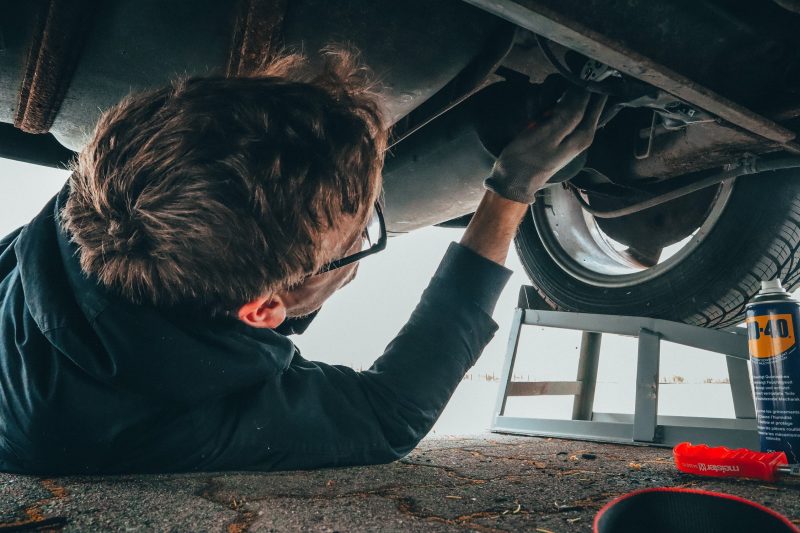
By providing a legal framework, lemon laws empower consumers to seek redress and obtain the remedies they deserve. Whether through repairs, replacement, or refunds, lemon laws ensure that consumers are not left to navigate the aftermath of a defective purchase on their own. These laws recognize that consumers place their trust and invest their hard-earned money in the products they purchase, and they should be protected from the consequences of faulty manufacturing or substandard quality.
Lemon laws also promote fairness in the marketplace by holding manufacturers accountable for their products. They create a level playing field and discourage unscrupulous practices, such as selling defective vehicles without appropriate disclosure or avoiding responsibility for addressing defects. By imposing legal obligations on manufacturers, lemon laws help maintain integrity, transparency, and fairness in the consumer-producer relationship.
Moreover, lemon laws contribute to the overall public interest by fostering consumer confidence. When consumers have recourse through lemon laws, they can make purchasing decisions with greater peace of mind, knowing that their rights are protected and that they have legal options in case of a defective vehicle. This, in turn, encourages healthy competition among car manufacturers as they strive to produce high-quality products that meet consumer expectations and minimize the likelihood of defects. By upholding consumer expectations and holding manufacturers accountable, lemon laws contribute to a more equitable and trustworthy consumer environment.
To Redress Defects
To redress defects means taking appropriate actions to rectify or correct problems or issues that arise in a product, particularly when those problems substantially impair the product’s performance or functionality. In the context of the Florida state’s Lemon Law, redressing defects refers to the legal process and measures put in place to address significant issues that affect motor vehicles.
The Florida Lemon law serves as a crucial legal framework that recognizes the rights of consumers who have purchased motor vehicles with substantial defects. When defects in a vehicle significantly impact its use, value, or safety, the law provides a mechanism for consumers to seek compensation or appropriate remedies.
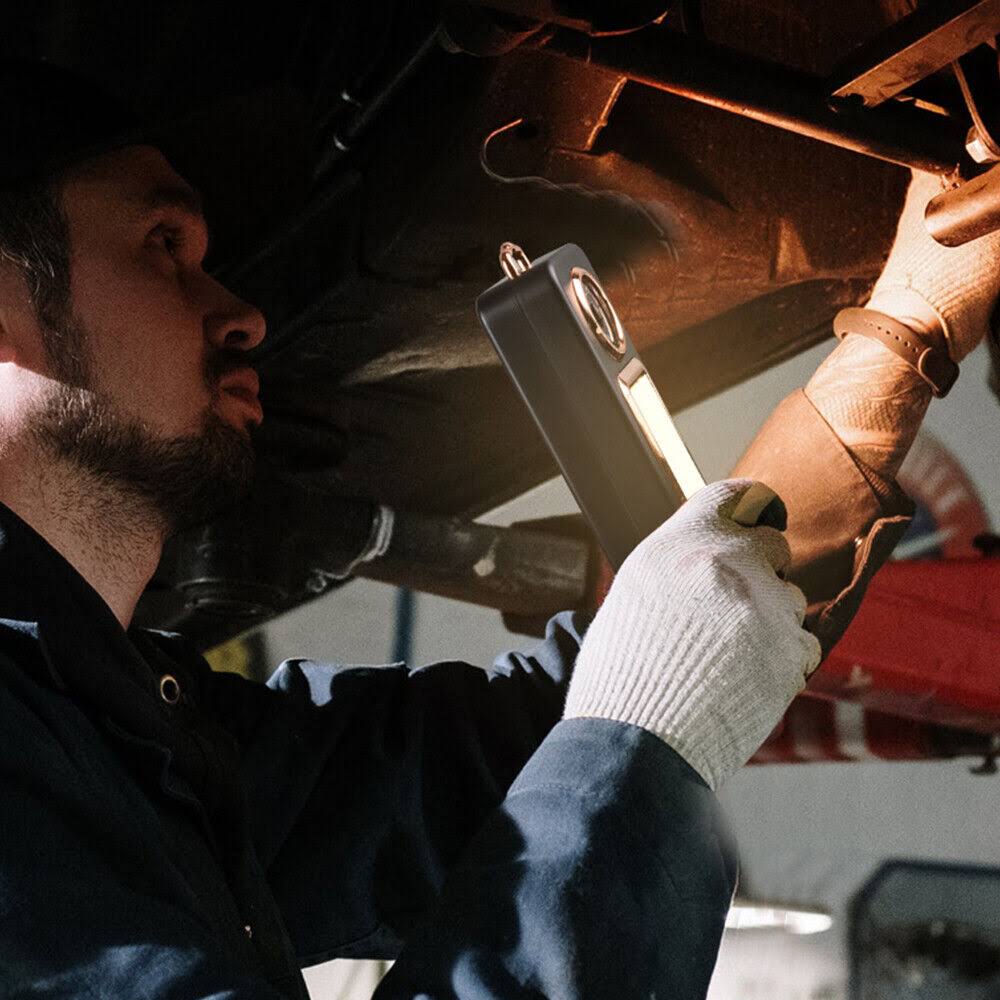
Under the Lemon Law, consumers are entitled to pursue a resolution for their defective vehicle. This can include obtaining refunds, receiving a replacement vehicle, or having the defects repaired at the manufacturer’s expense. The goal is to restore the consumer to a position where they are not burdened by the defects and can enjoy the full benefits of their purchased vehicle.
The process of redressing defects typically involves notifying the manufacturer about the issues and providing them with an opportunity to address and fix the problems. It is advised to call the Florida lemon law hotline to find out if the manufacturer has a state-certified program. The attorney general runs the hotline at 1-800-321-5366.
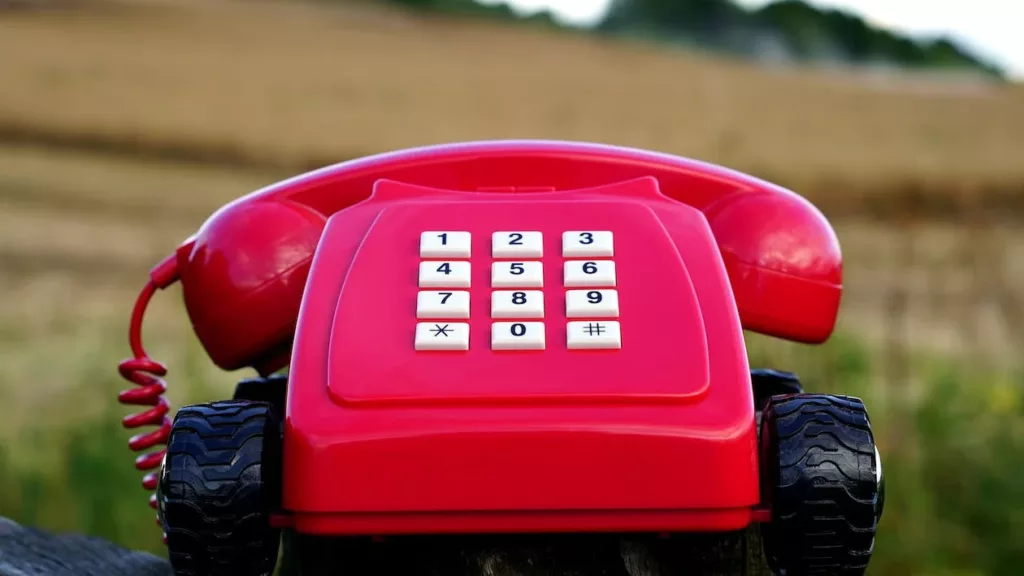
If the defects persist despite reasonable repair attempts, Lemon Law provides consumers with further recourse, which may involve engaging in arbitration or taking the matter to court to seek appropriate compensation for their losses.
In some cases, when the defects are particularly severe or the motor vehicle cannot be adequately repaired, consumers may be entitled to monetary compensation for the diminished value of the vehicle or the financial losses they have incurred as a result of the defects. This value would be determined by examining the purchase price, reasonable offset, sales taxes, cash price, and incidental charges.
Level the Playing Field
The Florida Lemon Law serves as an important tool in leveling the playing field between consumers and manufacturers, addressing the inherent power dynamics that exist in the marketplace. By offering legal protections and recourse, this legislation helps empower consumers and enables them to assert their rights without facing overwhelming financial burdens.
One of the key benefits of the Florida Lemon Law is that it provides consumers with a means to seek professional representation without incurring excessive costs. The legal process can be complex and daunting, especially when going up against well-funded manufacturers. However, the Lemon Law allows consumers to hire attorneys who specialize in these cases, ensuring that their interests are effectively represented. This levels the playing field and ensures that consumers can access the necessary expertise to navigate legal proceedings.

By providing this legal recourse, the Florida Lemon Law promotes a fair and equitable process for resolving disputes between consumers and manufacturers. It establishes clear guidelines and procedures that both parties must adhere to, ensuring transparency and accountability throughout the resolution process. This helps prevent manufacturers from taking advantage of their superior resources or attempting to dismiss consumer complaints without proper consideration.
Moreover, the Florida Lemon Law acts as a deterrent against unfair business practices and substandard products. Manufacturers are incentivized to uphold their warranty obligations and address defects promptly, knowing that consumers have legal avenues to seek redress. This, in turn, encourages manufacturers to maintain higher quality standards, thereby benefiting all consumers.
Overall, the Florida Lemon Law plays a vital role in safeguarding consumer rights, promoting fairness, and fostering a more balanced relationship between consumers and manufacturers. By offering accessible legal recourse and ensuring a fair and equitable process, it empowers consumers and holds manufacturers accountable for their obligations, ultimately contributing to a more just marketplace.
Does the Lemon Law Only Apply to New Cars?
The Lemon law in Florida primarily applies to new or demonstrator vehicles by providing protection to consumers who purchase or lease new vehicles and recreational vehicles that turn out to be lemons—vehicles with substantial defects or nonconformities that impair their use, value, or safety. These are vehicles that have been sold as new and have never been previously titled or registered to an individual consumer or business entity.
There is no lemon law for used cars. Used cars are excluded from coverage unless they are still covered by their original manufacturer’s warranty. Florida’s Motor Vehicle Warranty Enforcement Act specifically states subsequent owners are covered if the vehicle is transferred during the 24-month “lemon law rights period.”
How Long After Purchase Can You Apply Florida’s Car Lemon Law?
The Lemon law in Florida provides certain protections and remedies for consumers who purchase or lease new or demonstrator vehicles that turn out to be lemons. To be eligible for relief under the Florida Lemon Law, the defects must occur within a specific time period.
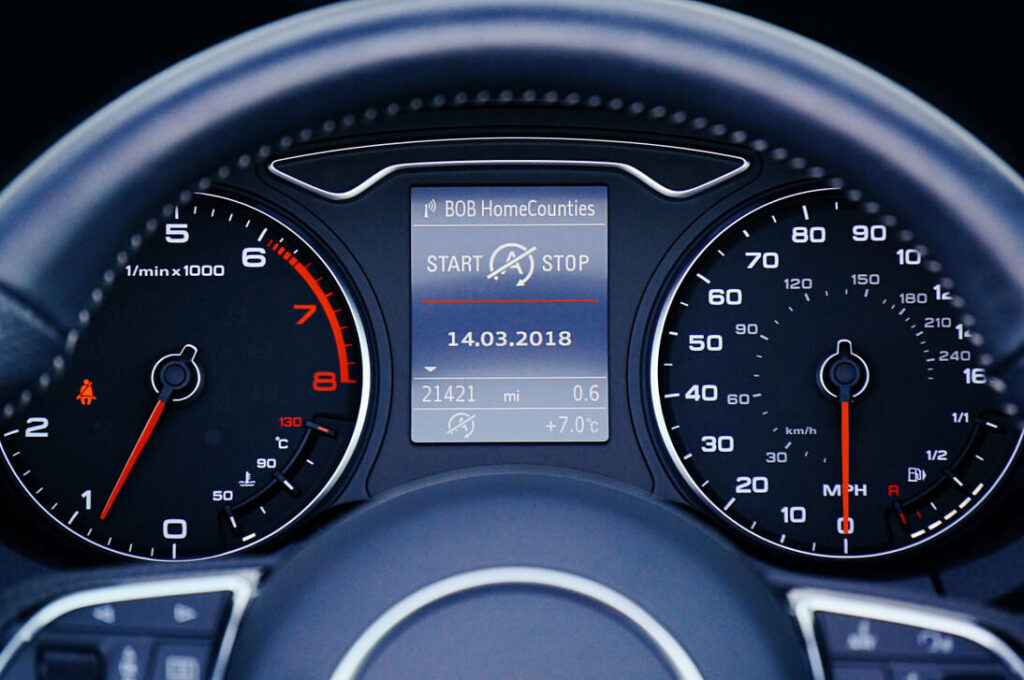
The Florida Motor Vehicle Warranty Enforcement Act defines the lemon law rights period to be within the first 24 months or 24,000 miles of ownership or use, whichever comes first. This means that if substantial defects or nonconformities that substantially impair the vehicle’s use, value, or safety arise within this specified period, the consumer may be eligible for remedies under the Lemon law rights period.
Remember that it’s crucial to act promptly if you suspect that your vehicle may be a lemon. It’s advisable to document the issues, keep records of repair tries with an authorized service agent, and notify the manufacturer or dealer within a reasonable time to allow them an opportunity to repair the defects before pursuing legal remedies under the lemon law. If you have questions, you can call the Lemon Law hotline, which is run by the office of the Florida attorney general, for guidance.
What Is Required of The Car Owner Under Florida’s Lemon Law?
Car owners are required to fulfill certain obligations and take specific steps to assert their rights and seek remedies. Here are the key requirements for car owners under Florida’s Lemon Law:
- Written Notice
- Opportunity to Repair
- Cooperation
- Record Keeping
- Motor Vehicle Arbitration Board Hearing
Written Notice
When utilizing the protections offered by the Florida Lemon law for cars and leased vehicles with defects, it is crucial for motor vehicle owners to follow specific steps to ensure they provide the manufacturer or authorized dealer with a final repair attempt opportunity. Once the motor vehicle owner becomes aware of substantial defects in their vehicle, it is crucial to take swift action by sending a written notification by express mail to the manufacturer or authorized dealer. This written notification should clearly outline the nature of the defects, providing a detailed description of the issues experienced by the owner. Including the vehicle identification number (VIN) in the notification is essential to identify the specific vehicle in question accurately.
In the written notification, the car owner should expressly request that the authorized dealer undertake the necessary repairs or corrections to address the identified defects. By clearly stating the intent to seek a resolution and emphasizing the need for repair or correction, the motor vehicle owner establishes a formal record of their concerns and expectations for action to be taken. The notification should be sent by express mail to expedite the process. Not only does express mail work quickly, it also provides proof of delivery signature.

The written notification is a formal communication creating a paper trail that can be vital when pursuing a lemon law claim. It provides evidence of the car owner’s diligence in notifying the manufacturer or authorized dealer about the defects and their willingness to afford them the opportunity to remedy the issues.
Promptly sending the written notification with all the necessary details is crucial for initiating the process of obtaining a final repair attempt opportunity. This step sets the stage for subsequent actions, such as the manufacturer’s or authorized dealer’s response and their subsequent three repair attempts, to address the defects. Following the prescribed steps meticulously strengthens the car owner’s position and increases the chances of a successful resolution under the Florida Lemon Law.
Opportunity to Repair
Upon notification, the manufacturer or dealer is granted a reasonable opportunity to make a final attempt to repair the defects at an authorized service agent. The law recognizes that it is fair to give the manufacturer a chance to rectify the problems before further legal action is pursued. The number of attempts considered “reasonable” can vary, but it is generally determined based on the specific circumstances and the severity of the defects.
For example, if a recreational vehicle experiences significant transmission issues, the manufacturer or dealer may be given multiple opportunities to address the problem through repairs. However, if the defects persist or cannot be effectively resolved within reasonable attempts, the owner may be eligible to file a Lemon Law claim to obtain a replacement vehicle or repayment of the purchase price. During the final repair attempt opportunity, it is important for the car owner to provide access to the vehicle and cooperate with the manufacturer or dealer’s repair efforts. This includes allowing them to inspect and repair the defects as necessary.
If, despite the final attempt with an authorized service agent, the defects continue to exist or reoccur, the car owner may proceed with initiating a Lemon Law claim to seek appropriate remedies, such as a refund of the purchase price, replacement vehicle, or compensation. It’s important to note that the specific requirements and procedures for accessing the Florida Lemon Law can be detailed and complex. Car owners are advised to consult the Florida Lemon Law statutes and seek legal advice from a law firm specializing in these cases for precise and up-to-date information regarding their particular situation.
Cooperation
Cooperation with the authorized service agent during the lemon law rights period is a must. During these attempts, you are required to cooperate with the manufacturer or authorized dealer reasonably. This includes providing the authorized agent with access to the vehicle for inspection and repair as well as making the vehicle available for a reasonable period of time as required for the repairs.
Keep Records
It is crucial to maintain complete and accurate records of all aspects of the vehicle’s value, including purchase price, sales taxes, manufacturer’s receipt, trade-in vehicle amount, incidental charges, and reasonable offset for transportation used for personal, family, or household reasons.
It is also essential to keep track of repair attempts. This includes documenting the dates, descriptions of the defects and repair invoices for the motor vehicle, and any written notification, correspondence, or communication with the manufacturer or authorized dealer-accessible repair facility. Keep all evidence of compliance with new vehicle routine maintenance recommended in the owner’s manual. Routine maintenance specified in the owner’s manual is the routine maintenance prescribed and required to keep the motor vehicle warranty valid.
Motor Vehicle Arbitration Board Hearing
Florida’s Lemon Law may require participation in manufacturer-sponsored arbitration if the manufacturer has established an arbitration program that complies with state law. You can determine which manufacturers sponsor state-certified programs by calling the lemon law hotline. Participation in the full arbitration hearing process may be required before pursuing legal action. An arbitration hearing is a formal process in which parties involved in a dispute present their cases to a neutral third party, known as an arbitrator or arbitration panel. The purpose of arbitration is to reach a resolution for the dispute outside of the traditional court system.

During an arbitration hearing, the parties involved present their arguments, evidence, and witnesses to support their respective positions. In essence, the two parties have the same problem and are working towards the same purposes. The arbitrator acts as a decision-maker, listening to both sides, evaluating the evidence, and ultimately rendering a binding or non-binding decision, depending on the arbitration agreement or applicable laws.
The arbitration process typically follows these general steps:
- Selection of arbitrator
- The arbitrator conducts preliminary hearings to establish procedural rules, set timelines, and clarify any outstanding issues
- Each party has the opportunity to present evidence, which may include documents, witness testimonies, expert opinions, or other relevant information
- The parties can question and challenge the evidence and witnesses presented by the opposing side
- Each party presents its final statement summarizing its positions and highlighting the key points supporting its case
- Arbitrator’s decision is made
Arbitration can result in a myriad of possibilities, such as awarding a replacement vehicle or cash settlement. And an arbitration program offers a more streamlined, cost-effective, and less formal alternative to resolving disputes through traditional litigation.
Seek Legal Counsel
If the vehicle’s defects persist after a reasonable number of repair attempts or other requirements have been met, and the vehicle meets the criteria for being a lemon under the law, it may be necessary to consult with an attorney specializing in consumer law. They will guide you through the process of seeking remedies and represent your interests in legal proceedings if necessary. It’s important to note that specific requirements and procedures may vary depending on the circumstances and the terms of the warranty. It’s advisable to review the full provisions of Florida’s Lemon Law and consult with a specialized law firm for personalized advice based on your situation.
What Is a Reasonable Number of Attempts?
The Florida Lemon law differentiates a “reasonable number of attempts” to repair a critical defect versus a non-critical defect for vehicles and recreational vehicles.
A critical defect could cause death or serious bodily injury. A critical defect could be brake failure, steering malfunction, airbag non-deployment, acceleration or throttle control issues, fuel system defaults, and structural integrity problems. Lemon law allows for no more than two attempts to repair the defective motor vehicle at a reasonably accessible repair facility with an authorized service agent.
Non-critical defects do not pose a risk of death or serious bodily injury. Lemon law establishes a threshold of four or more attempts to repair the same non-critical defect by a state-certified program.
Cumulative Unusable Days
Alternatively, if the vehicle is out of service for a cumulative total of 30 or more days for various defects at a state-certified program, it may also qualify as a reasonable number of attempts.
Records, Records, Records
If you are experiencing recurring defects with your vehicle, it’s advisable to keep thorough records of the repair attempts, including dates, descriptions of the issues, and the repairs performed. This documentation can help support your claim under Lemon law and provide evidence of repeated repair attempts.
To fully understand the criteria for a reasonable number of repair attempts in your jurisdiction, it’s recommended to review the specific provisions of your state’s lemon law or consult with an attorney specializing in consumer law. They can provide guidance tailored to your situation and the laws applicable in your area. While beginning the process, be sure to gather all your relevant records and receipts, from purchase price and sales taxes to incidental charges and reasonable offset.
Reasonable offset refers to the number of miles the person entitled to a lemon law claim used up to the date of the third attempt to repair the same nonconformity. It is included in the calculation for reimbursement, which also encompasses purchase price, sales taxes, incidental charges, and any repair fees.
When Does The Manufacturer Repurchase or Replace the Vehicle?
Under Florida’s Lemon Law, the manufacturer may be required to repurchase or replace a vehicle if certain conditions are met. Here are the general circumstances under which the manufacturer may be obligated to take such actions:

The Vehicle Meets Lemon Law Criteria
The defects or nonconformities in the vehicle must meet the statutory definition of a “substantial defect.” Specifically, the defects must substantially impair the use, value, or safety of the vehicle.
There Have Been a Reasonable Number of Repair Attempts
The defects must persist despite the manufacturer or authorized dealer having made a reasonable number of attempts to repair them. In Florida, the law defines a “reasonable number of attempts” as four or more attempts for the same defect or the vehicle being out of service for a cumulative total of 30 or more days for various defects.
Repairs are Attempted Within the Warranty Period
The defects must have occurred within the first 24 months or 24,000 miles of ownership or use, whichever comes first. If these conditions are met, the manufacturer may be required to either repurchase the vehicle or replace it.
The manufacturer may be obligated to repurchase the motor vehicle from the consumer. The repurchase typically includes a refund of the purchase price, including any applicable taxes, registration fees, and other reasonable expenses associated with purchasing a new or leased vehicle.
Alternatively, the manufacturer may offer to replace the vehicle with a comparable new vehicle of the same or similar make and model. The replacement or new vehicle should have a warranty similar to that of the original vehicle.
When writing a notification to a manufacturer under Florida’s Lemon Law (or any similar lemon law), it is essential to provide clear and concise information about the defects in your vehicle.
Begin by providing your full name, address, phone number, and email address. This information ensures that the manufacturer can contact you regarding your notification. Include the specific details of your vehicle, such as the make, model, year, and vehicle identification number (VIN). The VIN is a unique identifier for your vehicle and can typically be found on the dashboard or driver’s side door frame.
Next, clearly describe the defects or nonconformities that you have experienced with your vehicle. Provide specific details about each issue, including when the problems started, how they manifest themselves, and how they impact the use, value, or safety of the vehicle.

Include a summary of the repair attempts made by the authorized dealer or manufacturer to address the defects. Provide dates, descriptions of the repairs conducted, and the number of times the vehicle has been taken for repair. This helps establish that a reasonable number of attempts have been made to correct the issues.
Clearly state your request for the manufacturer to make a final attempt to repair or correct the defective vehicle at a reasonably accessible repair facility. You can also mention that you are providing notice under the lemon law and are invoking your rights under the applicable statute. Attach copies of relevant documents that support your claims, such as repair invoices, work orders, and any other correspondence or evidence related to the defects.
Use a reliable method to send the notification, such as certified mail with a return receipt requested or a reputable courier service. This will provide proof of delivery and ensure that the manufacturer receives the notification. Remember to keep a copy of the notification and any supporting documents for your records. Additionally, it’s advisable to consult the specific requirements and provisions of Florida’s Lemon Law or seek legal advice to ensure that your notification meets all necessary criteria.
How Do You Resolve Disputes Between You and The Car Manufacturer?
Resolving disputes between yourself and the car manufacturer can involve several steps. Here’s a general process you can follow to seek a resolution:
- Review your warranty and Lemon Law Rights
- Communicate with the manufacturer
- Escalate the issue
- Seek arbitration with the Florida Motor Vehicle Arbitration Board
- Consult with an attorney
- File a lawsuit
It’s essential to familiarize yourself with the terms and conditions of your vehicle’s warranty and the lemon law rights applicable in your jurisdiction. Understand the coverage, limitations, and dispute resolution procedures outlined in these documents.
Next, you need to communicate with the manufacturer. Contact the manufacturer’s customer service or the designated representative specified in your warranty. Explain the issues you are facing with your vehicle and provide any relevant documentation, such as repair records and correspondence.
Escalation
You may find you need to escalate the issue. If initial communication does not lead to a satisfactory resolution, request to speak with a supervisor or escalate the matter to a higher level of the manufacturer’s customer service or warranty department. Be persistent, clear, and concise in explaining the ongoing problems and the efforts you have made to resolve them.
Once you have the manufacturer’s attention, you may need to seek mediation. Some jurisdictions require or provide mechanisms for mediation or arbitration as part of the dispute resolution process. Check with your motor vehicle arbitration board to see if your jurisdiction has a lemon law arbitration program or if the manufacturer offers a voluntary mediation or arbitration program. Consider participating in these alternative dispute resolution processes, as they can provide a faster and less formal way to reach a resolution.
Legal Recourse
If the manufacturer’s response or the available dispute resolution options do not lead to a satisfactory outcome, it may be necessary to consult with an attorney who can provide legal advice, evaluate your case, and guide you through further legal steps. Be sure to choose an attorney specializing in consumer law or lemon law because they will be up-to-date on all the latest laws and paperwork requirements.
As a last resort, filing a lawsuit against the manufacturer may be necessary to seek a legal remedy for your faulty motor vehicle. An attorney experienced in lemon law or consumer law can assist you in navigating the legal process, representing your interests, and pursuing the appropriate legal remedies.
Throughout every step of this journey, it’s essential to document all communication, repair attempts, and other relevant information throughout the process. This documentation will help support your case and protect your rights if you need to pursue legal action by providing evidence that you have followed the proper course of action to resolve the issue.

Purchasing a lemon can be a frustrating and disheartening experience. However, the Florida Lemon law exists to protect your rights as a consumer. By understanding the criteria for eligibility, the steps to seeking remedies, and the potential outcomes, you can confidently navigate the lemon law process. Remember, you don’t have to face this challenge alone. Contact Jonathan D. Schwartz today to turn your lemon into lemonade and reclaim your automotive peace of mind.

